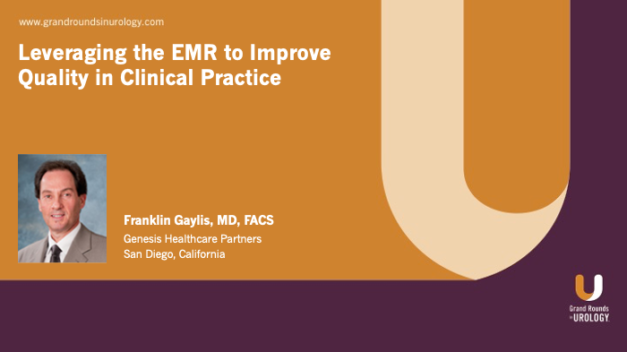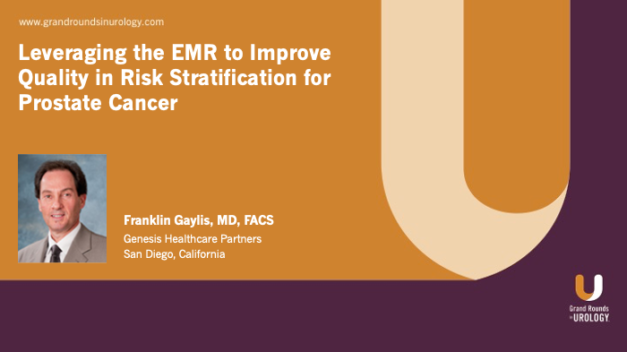Using Templates to Enhance Efficiency and Productivity in Your Urology Practice
Grand Rounds in Urology Contributing Editor Neil H. Baum, MD, Professor of Urology at Tulane Medical School, presenting on behalf of his colleagues James E. Gottesman, MD, and Evan R. Goldfischer, MD, MBA, reviews tools for improving efficiency in a urology practice. He explains that efficiency is important for practices because revenues are decreasing, overhead is increasing, and incomes are being squeezed. Dr. Baum’s first recommendation for improving efficiency is to use scribes, since they improve patient flow, increase productivity, and improve both patient and physician satisfaction. He then highlights the benefits of voice recognition software, which significantly reduces time needed for documentation, as well as the utility of telemedicine, which has been adopted by the majority of urologists since the start of the COVID-19 pandemic. Dr. Baum notes that new software for prior authorization approval also increases efficiency. He then goes in depth about the effectiveness of using urology electronic medical record (EMR) templates, explaining that most urologic conditions can be managed with 10 to 15 templates, and that EMR templates enhance efficiency, enhance documentation, improve the learning curve of scribes and medical assistants, and may assist in coding and billing. Dr. Baum concludes by inviting interested viewers to contact either himself, Dr. Goldberg, or Dr. Gottesman for more information on the templates.
Read More



